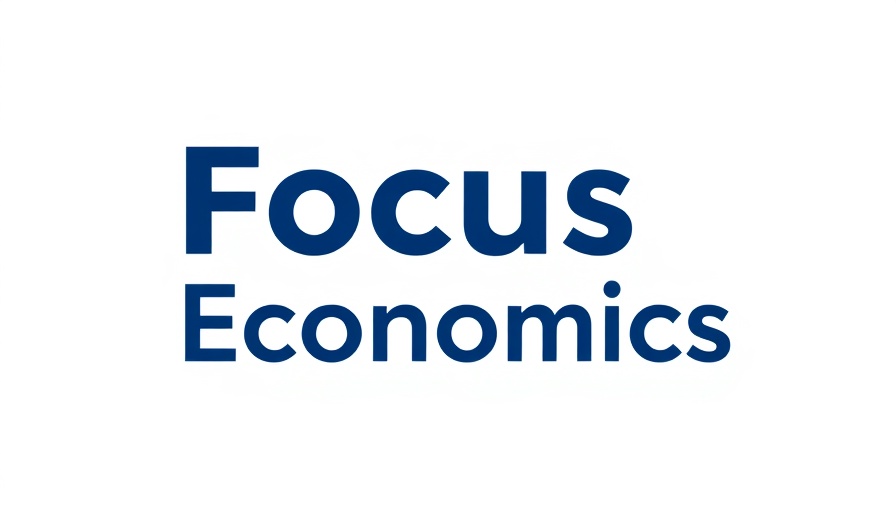
The Ongoing Risks of the Iran-Israel Conflict
The Iran-Israel conflict serves as a significant concern for the global economy. While a temporary ceasefire has provided relief, the underlying tension is akin to a fresh wound that could reopen at any time. Analysts warn that any re-escalation could precipitate closures of vital shipping routes, particularly the Strait of Hormuz. Countries like India and Egypt, heavily reliant on oil imports, could face serious economic disruptions.
The Impact on Local Economies
The psychological effects of the conflict are palpable, resulting in decreased consumer confidence and potential travel cancellations. Both Iran and Israel are bracing for economic downturns: Israel's growth rate is expected to be the weakest since the early 2000s, while Iran continues to grapple with sanctions that stifle its oil sector.
Looking Forward: The Uncertain Future
As diplomatic talks resume, the future of the nuclear agreement remains unclear. Analysts speculate on Iran's willingness to compromise, suggesting that negotiations may be lengthy and fraught with challenges. With the global economic landscape hanging in the balance, it's vital for affected nations to remain vigilant and prepared for any shifts in the region.
 Add Row
Add Row  Add
Add 




Write A Comment